Mosquito breeding prevention month: Measures against mosquito-borne infectious diseases
In order to prevent the spread of mosquito-borne infectious diseases such as dengue fever, in addition to taking measures to avoid mosquito bites, such as using insect repellents, it is also important to take measures at the source, such as eliminating stagnant water where mosquito larvae can hide. Therefore, the Tokyo Metropolitan Government has designated June, before the full-scale emergence of mosquitoes, as “Mosquito Breeding Prevention Month” and will be making widespread calls to prevent mosquito breeding, as well as working on measures to detect mosquitoes carrying the virus early and prevent the spread of infection, in order to prevent the emergence and spread of mosquito-borne infectious diseases.
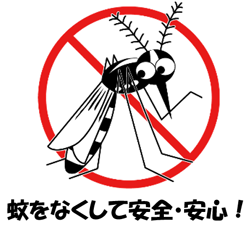
General measures to prevent mosquito breeding implemented by the Tokyo Metropolitan Government
1 Public awareness to prevent mosquito breeding
An awareness campaign will be held for Tokyo residents to encourage local communities to take measures to prevent mosquito breeding, such as eliminating stagnant water where mosquito larvae live.
“Initiatives for Mosquito Breeding Prevention Month”
- Displaying posters (in stations, parks, etc.)
- Broadcasting educational videos (YouTube video ads, etc.)
- Wrapping bus service
- Open lecture for Tokyo residents and facility managers (Wednesday, June 18)
- Distribution of leaflets and booklets
2 Survey of virus-carrying mosquitoes
In order to prevent the spread of mosquito-borne infectious diseases, fixed observation points will be set up at 25 facilities in Tokyo, where mosquitoes will be regularly captured to check for the presence or absence of mosquito-borne infectious diseases.
3 Preventing the spread of infection when patients are identified
In order to detect the occurrence of cases at an early stage and promptly implement measures such as mosquito extermination, we will conduct tests on patients suspected of infection, analyze patient information, and provide information to Tokyo residents and others.
Ensuring inspection systems
- Conducting tests on patients suspected of having mosquito-borne diseases
Providing information on high-risk locations
- Narrow down high-risk locations where mosquitoes carrying the virus may be present and provide information on the website
Details of the initiative
1 Public awareness to prevent mosquito breeding
(1)Displaying posters (from June 1 – June 30)
Posters will be put up on the premises of 187 major stations (planned) in Tokyo, as well as in parks, ward and city/town/village offices, health centers, etc.
Routes to be posted
JR, Keio Electric Railway, Seibu Railway, Odakyu Electric Railway, Toei Subway, Tokyo Metro
Posters will be displayed above the windows of Toei subway cars.
Routes to be posted
Toei Subway Mita Line,
Asakusa Line, Shinjuku Line, Oedo Line
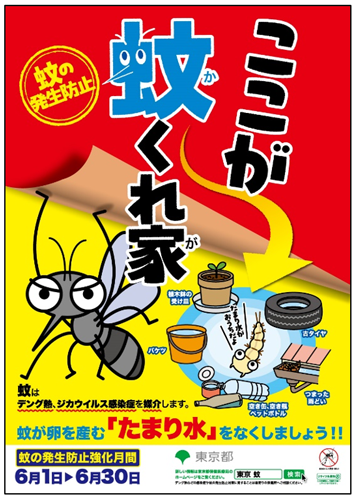
(2)Broadcasting of educational videos
Educational videos about preventing mosquito breeding will be aired on YouTube video advertisements and digital signage at the west exit of Shinjuku Station.
YouTube video ads
It will be aired from June 1 – June 30.
The video can be viewed on the Tokyo Metropolitan Government’s official video channel, “Tokyo Video.”

(3)Wrapping bus operation (June 1 – June 30)
Four buses decorated with designs calling for the prevention of mosquito breeding will be operated on each Toei bus route.
Scheduled routes
Routes departing from four offices in Tokyo (Shinjuku, Otakibashi, Waseda, Suginami)

(4)Holding of seminars for Tokyo residents and facility managers [Announced on May 14, 2025]
Seminar name
“Seminar on measures against mosquitoes that transmit infectious diseases”
Date and time
Wednesday, June 18, 1:30pm – 4:30pm
How to hold it
Hybrid event (held on-site and streamed online)
Place
Shibuya Cultural Center Owada Densho Hall
(23-21 Sakuragaoka-cho, Shibuya-ku)
Content
1)Mosquito-borne diseases
2)Mosquito ecology and control
How to apply
Please access the seminar website and fill out the participation application form to register.

Application deadline
Wednesday, June 4
(5)Distribution of Leaflets and Booklets
We will distribute leaflets for Tokyo residents and booklets for facility managers. In addition to the Japanese version, we also have foreign language versions (English, Chinese (traditional and simplified), and Korean).
You can see it on the Health and Medical Bureau website.

2 Survey of virus-carrying mosquitoes (infectious disease vector mosquito surveillance)
The Tokyo Metropolitan Government has been conducting wide-area surveys of mosquitoes carrying pathogens such as West Nile virus since fiscal year 2004. In response to the confirmation of domestic dengue fever infections for the first time in approximately 70 years in the summer of 2014, nine facilities with many users and events were added as priority survey sites in fiscal year 2015, and surveys are being conducted at a total of 25 facilities.
An overview of infectious disease vector mosquito surveillance and survey results to date can be found on the website.

Infectious disease vector mosquito surveillance facility
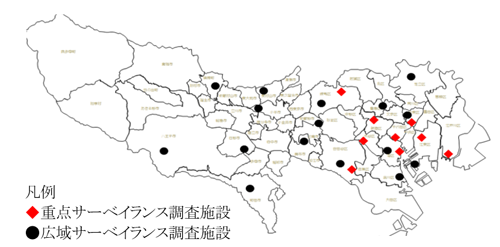
Focused Surveillance
Research facility
9 facilities
Survey period
Late April to early November (planned)
Wide-area surveillance
Research facility
16 facilities
Survey period
Late May to late October (planned)
3 Preventing the spread of infection when patients are identified
(1)Ensuring an inspection system
For patients who are suspected of having a mosquito-borne infectious disease at a medical institution based on symptoms, testing will be conducted at the Tokyo Metropolitan Institute of Public Health.
(2)Information on high-risk locations will be made available on the website in the event of an outbreak
Based on information such as the patient’s behavioral history and the results of infectious disease vector mosquito surveillance, we will narrow down high-risk locations where vector mosquitoes carrying the virus may be present and provide information on them via our website, etc.

| Contact: (Prevention of mosquito breeding and investigation into the status of vector mosquito breeding) Health and Medical Bureau, Health and Safety Department, Environmental Health and Hygiene Division Phone: 03-5320-4391 (Preventing the spread of infection when a patient is identified) Public Health and Medical Affairs Bureau, Infectious Disease Control Department, Quarantine Division Phone: 03-5320-4088 |
その他のお知らせ
-
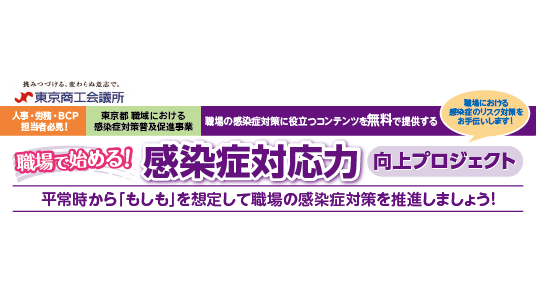 Infectious disease town planning
Infectious disease town planning -
 Infectious disease town planning
Infectious disease town planning -
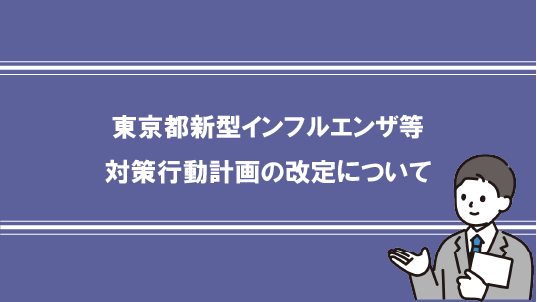 Infectious disease town planning
Infectious disease town planning -
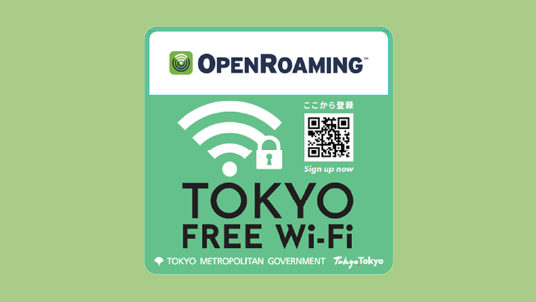 Infectious disease town planning
Infectious disease town planning

